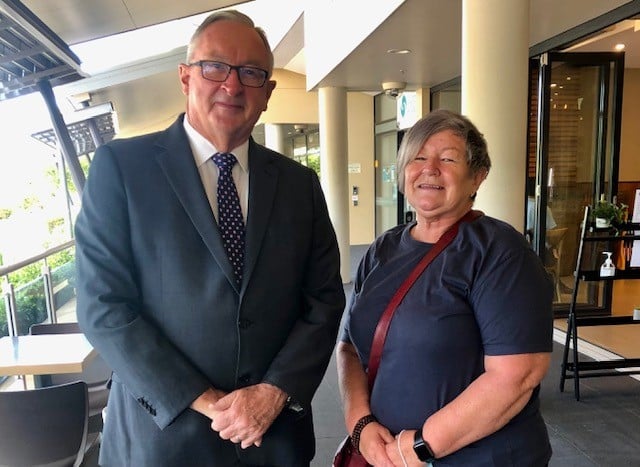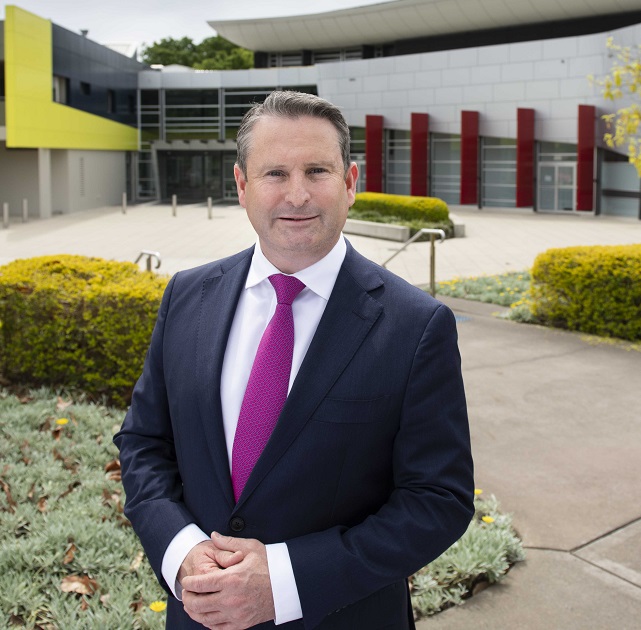Michelle Mays, the manager of the Campbelltown women’s health centre, says demand for the services offered has never been higher.
But core funding from the state government has not increased since 1986.
That’s one year before WILMA, as the Campbelltown women’s health centre is known as, was established in 1987.
“We offer a safe and nurturing space for women and struggle every year to keep afloat with ever increasing costs and no increase to our core funding,’’ says Ms Mays.

WILMA has joined a campaign by women’s health centres across NSW calling on increased funding in the next state budget.
“The growth in population, increased demand for services and technology and compliance costs exceed the limited funding of women’s health centres and continues to place stress on both our centre staff and community alike,’’ she says.
“We always prioritise the needs of women but have extensive waiting lists for counselling and case management.
“Many of the women on our waiting lists have experienced domestic and family violence and are at a personal safety risk and sometimes are still living with a violent partner.
“Other women are experiencing or have experienced traumatic life events or intergenerational trauma and are in need of ongoing support.
“The situation is distressing and heartbreaking,” Ms Mays said.
Long time supporter, the local MP Greg Warren is backing the call for more funding by WILMA and other women’s health centres.
“Funding for WILMA is not a luxury, it is a necessity,” says Mr Warren, who is pictured below.

“WILMA has supported so many women and children within our community during their time of greatest need.
“Our women’s health centre needs adequate funding to ensure those vital services can continue in the future.
“Now is the time for the NSW Government to show their commitment in dealing with sexual, domestic and family violence throughout the state and prioritise women’s health and safety,” Mr Warren said.
Women’s health centers provide counselling, case workers and therapeutic resilience programs for women and provide client safety advice and referral pathways especially for women who experience sexual, domestic and family violence despite limited funding.
Many centers also provide specialised women’s sexual and reproductive health GP clinics. These services are provided to some of the most vulnerable women in our communities.
“Our centres also play a vital role supporting the mental health and wellbeing of women in the community through the coordination and provision of personal capacity building, social connection and health related services,’’ says Ms Mays.
“For women’s health centres to deliver important services, we need a sustainable, properly funded workforce.”
PS: WILMA was established in 1987 through the efforts of the Women In the Local Macarthur Area, hence the local centre’s name, which is what most people call it.
